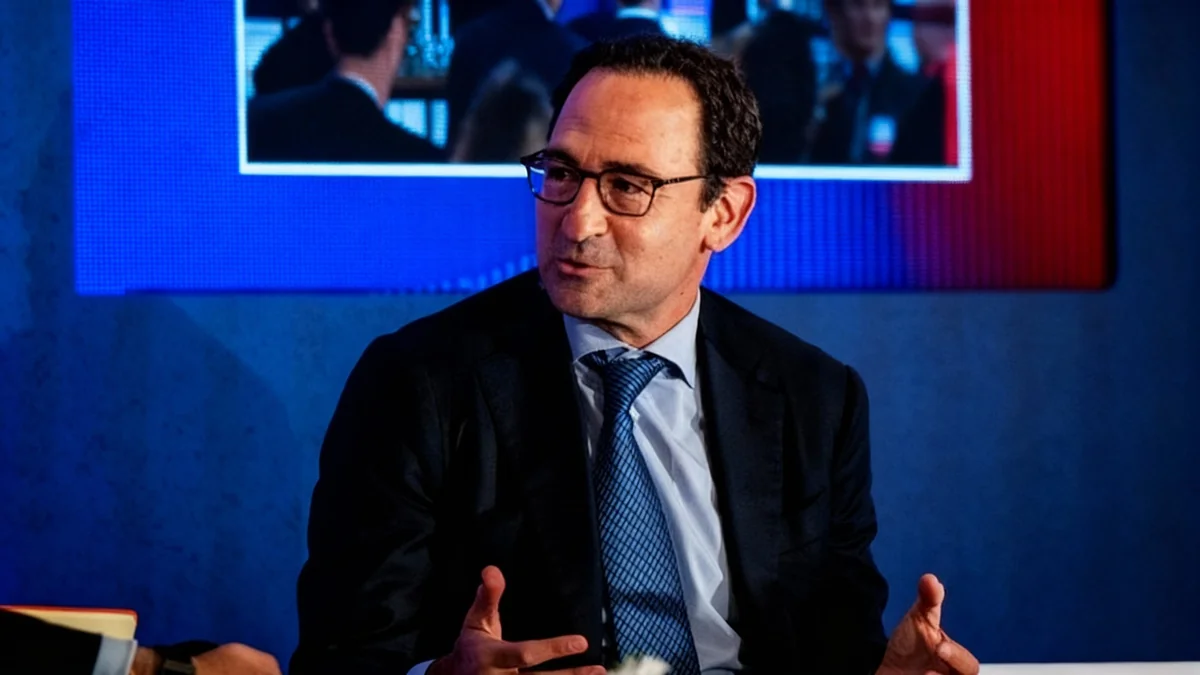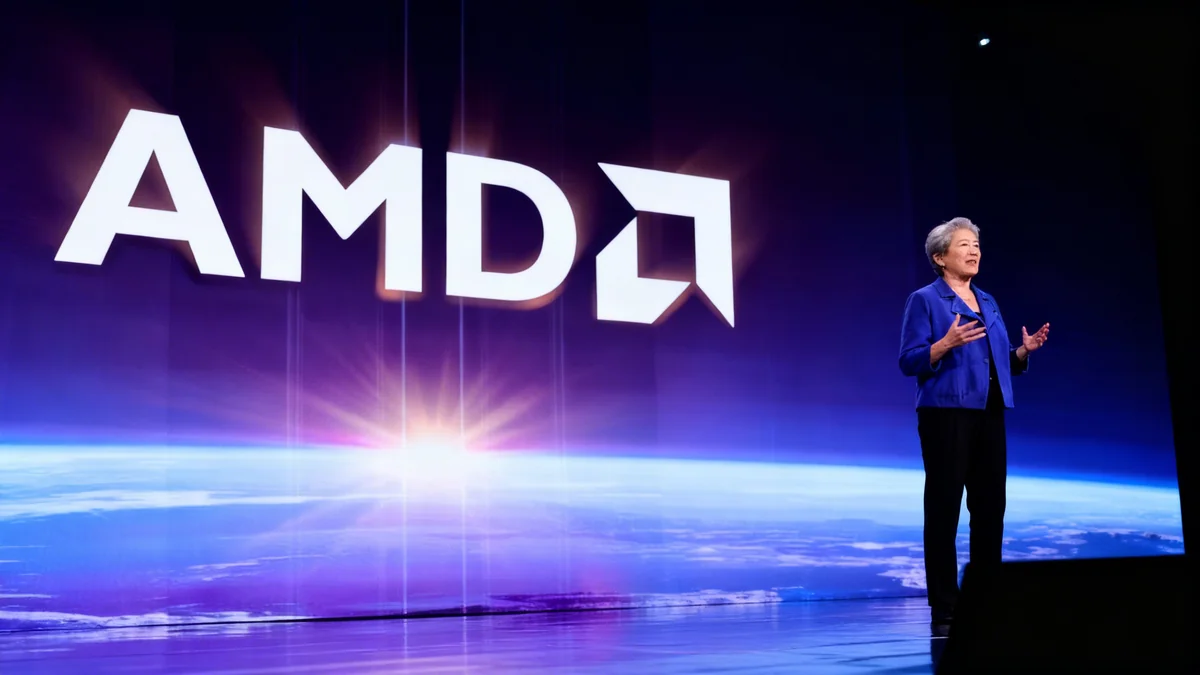Blackstone President Jonathan Gray has issued a stark warning to Wall Street, stating that investors are underestimating the profound impact artificial intelligence will have on established industries. Speaking at a recent summit, Gray revealed that Blackstone now considers AI risk assessment a top priority, embedding it into the core of its investment evaluation process.
Key Takeaways
- Blackstone now requires all investment memos to address potential AI impact on the first page.
- Jonathan Gray believes the focus on a potential AI bubble distracts from the greater risk to established, rules-based industries.
- Sectors like legal, accounting, and transaction processing are identified as particularly vulnerable to AI-driven disruption.
- The private equity firm is actively investing in AI infrastructure while avoiding acquisitions of companies it deems at high risk from the technology.
AI Risk Analysis Becomes Central to Blackstone's Strategy
Blackstone has fundamentally changed its approach to evaluating potential investments in response to the rapid advancement of artificial intelligence. The private capital group now mandates that its deal teams place AI at the forefront of their analysis.
During the Financial Times Private Capital Summit in London, Jonathan Gray explained the new internal policy. "We’ve told our credit and equity teams: address AI on the first pages of your investment memos," he stated. This directive ensures that the potential threats and opportunities posed by AI are considered from the very beginning of any deal assessment.
Gray emphasized that this scrutiny applies to both new acquisitions and the firm's extensive existing portfolio. The goal is to understand how AI will affect a wide range of companies, from enterprise software providers to service businesses that handle large volumes of data.
"We’re spending enormous time on both new deals and, importantly, our existing portfolio: what does AI mean for enterprise software, for service businesses handling data and for rules-based work?"
The Misleading Focus on an AI Bubble
While many in the financial community are concerned about high valuations and a potential bubble in AI-related stocks, Gray argued this perspective misses the larger picture. He acknowledged that some capital will inevitably be misallocated to unprofitable AI ventures, drawing a parallel to the dot-com era.
"Think of Pets.com in 2000," Gray said, referencing the infamous dot-com bust. However, he stressed that the more significant danger lies not in speculative AI companies but in the established businesses that AI could render obsolete.
A Historical Parallel
Gray compared the current situation to the disruption of the taxi industry. New York City taxi licenses saw their value increase nearly 500-fold over decades, only to lose 80% of their value rapidly with the arrival of ride-hailing apps like Uber and Lyft.
He articulated the disconnect in investor thinking clearly. "People say, ‘This smells like a bubble,’ but they’re not asking: ‘What about legacy businesses that could be massively disrupted?’" This question is now central to Blackstone's investment thesis.
Identifying Vulnerable Industries
Gray identified several sectors that are particularly exposed to disruption from AI. He pointed specifically to industries that rely on established procedures and repeatable tasks.
"If you think about rules-based businesses — legal, accounting, transaction and claims processing — this is going to be profound," he added. These white-collar sectors, along with others like consulting and advertising, are already seeing their traditional business models challenged by advanced AI algorithms from companies like OpenAI, Microsoft, and Google.
This strategic assessment has led Blackstone to take concrete actions. According to sources familiar with the company's decisions, the firm has recently opted against acquiring certain software and call-center businesses that were deemed too vulnerable to AI-related risks.
A Dual Strategy Investing in Infrastructure, Avoiding Risk
Blackstone's response to the AI revolution is twofold: actively avoid vulnerable assets while strategically investing in the foundational infrastructure that powers AI.
The company was an early investor in data centers, which are essential for training and running the large language models developed by major tech firms. This strategy has expanded to include investments in utility companies that provide the massive amounts of power required by these facilities.
Repositioning Existing Assets
Blackstone is also adapting its existing portfolio companies to capitalize on the AI boom. Industrial firms it owns, such as Copeland and Legence, are being repositioned to sell critical components and services to AI infrastructure providers.
Despite these proactive measures, some of Blackstone's existing investments remain exposed. Its private credit arm has provided significant loans to enterprise software companies, which could face new competition from more agile, AI-native startups.
Balancing Disruption with Opportunity
While Gray's message was one of caution, he also acknowledged the immense potential for AI to create value. He noted that the technology could unlock trillions of dollars in new corporate wealth through unprecedented productivity gains for the global economy.
This dual nature of AI as both a threat and an opportunity is why Blackstone is forcing a constant conversation about its impact. Gray has challenged his dealmakers to be vigilant about risks without overlooking transformative investment opportunities.
"We’re forcing the conversation. We don’t claim to know exactly how it all plays out. But if every deal team has to analyse AI impact then it’s the number-one topic in the room," he said.
His concluding remark served as a final warning to the investment world. "Acting like it’s business as usual would be a mistake."





